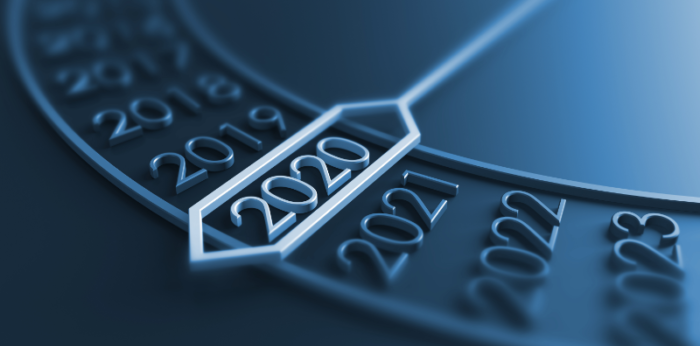South Africa will be ready to apply new global ships fuel regulations, aiming to prevent air pollution by ships at sea, but it may have to pick up pace putting in place pre-requisite legislation to legalise the process.
This was the general agreement of over 100 industry and government delegates to a two day national consultative workshop in Cape Town.
According to the new regulation, all sizes of ships sailing on the world’s oceans will need to use fuel oil that meets the 0.50% limit from 1 January 2020. The 0.50% sulphur limit extends to carriage of bunker fuel with sulphur content of more than 0.50% for vessels not fitted with Exhaust Gas Cleaning Systems (EGSC). The carriage ban will come into effect on 1 March 2020.
[smlsubform prepend=”GET THE SAFETY4SEA IN YOUR INBOX!” showname=false emailtxt=”” emailholder=”Enter your email address” showsubmit=true submittxt=”Submit” jsthanks=false thankyou=”Thank you for subscribing to our mailing list”]
According to SAMSA, ships must operate using compliant fuels of 0.50% sulphur or less from 1 January 2020 unless they are provided with an approved ‘equivalent’ means of compliance. For this reason, and in preparation for the implementation of the new regulations, SAMSA issued two Marine Notices to industry, and may yet issue another soon.
At the two day workshop in Cape Town, among issues discussed by the delegates were matters regarding:
- The availability of fuel that meets the new requirements;
- The proper handling of ships coming into South African ports without the compliant fuel;
- The availability of facilities to test fuels in use by ships;
- The handling of vessels using non compliant fuel but fitted with sulphur reducing equipment.
Delegates also analyzed the subject of the coming implementation of the new ship fuel requirements both in its environmental and economics perspectives. All agreed that from an environmental perspective, these are necessary measures, but with potential economic implications.
In addition, the attendees were generally confident that all key role-players were well positioned and prepared to contribute to the success of the implementation of the regulations from the set launch date of 1 January 2019.
However, a key instrument to tie it all together would be a yet non existent but crucially important piece of legislation to legalise the implementation of the new regulationsA.
This, all delegates were agreed, it needed to be expedited without further delay and South Africa’s Alternate Permanent Representative to the IMO, Mr Sipho Mbata said he believed crafting the legislation would be achievable as it only required the Minister of Transport to facilitate the enactment process
SAMSA said.































































